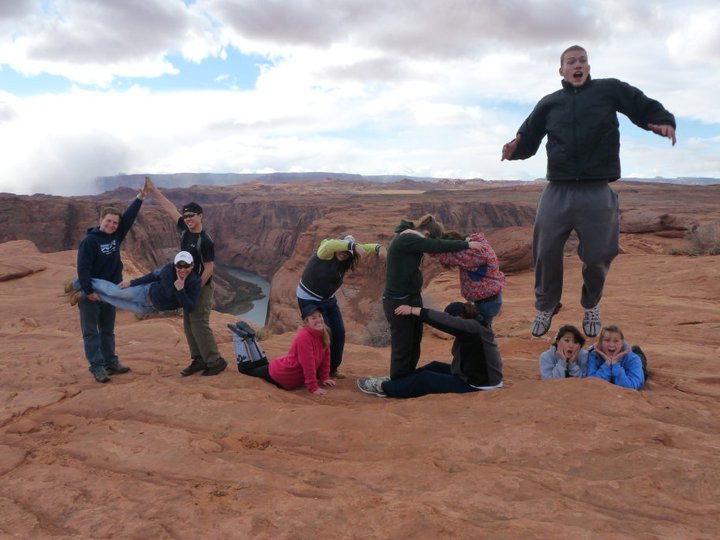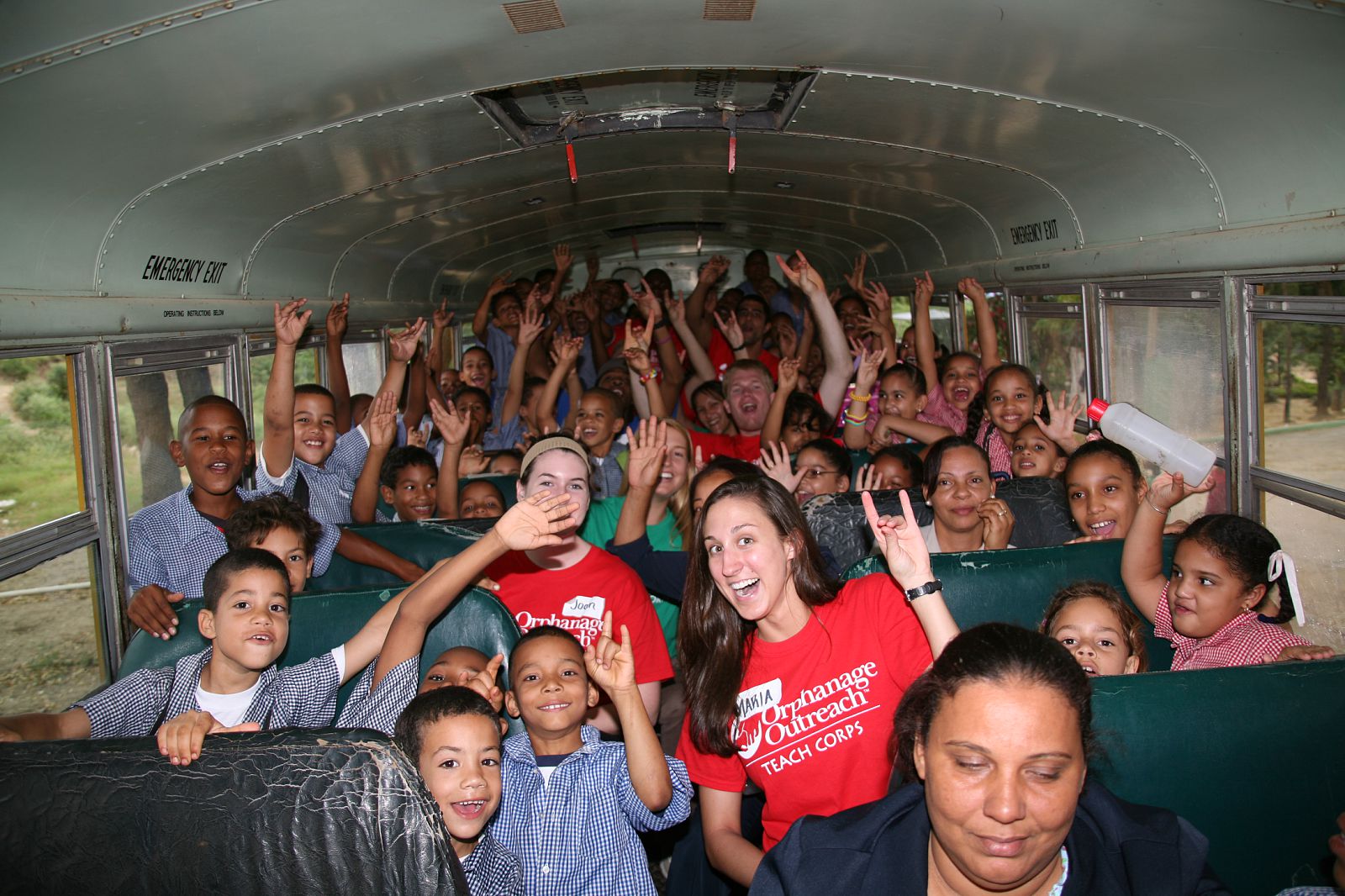Who Needs a “Break”? Not Us!
I can hardly believe it – March has arrived. I just wrapped up my third round of committee, the windows are open, the birds are chirping, campus is bright, sunny, warm, and … quiet.
Why is it so quiet? March 5 – 9 marks the university’s official Spring Break, though I am beginning to think that the word “break” is a gross misnomer for what actually goes on during this week. This is partially because I am still in the office, bitterly mourning my first spring in 24 years that does not include that glorious string of workless days. The other problem with the word “break” is that many of our students are not spending the week lounging on a sandy beach or knocking out seasons of Lost on Netflix, but rather using their free time to help make the world a better place.

In order to explain, let’s go back in time a little bit. The year is 1987, Bon Jovi’s “Living on a Prayer” hits #1 on the charts, yours truly is born, and a group of Vanderbilt students gets together and decides to do something a little bit different with their spring break. The result was a week-long community service trip and the beginnings of an annual program called Alternative Spring Break. Today ASB is the largest of our 350+ student-run organizations and has branched out to many universities and high schools throughout the country.
ASB holds a special place in my heart, as I participated in the program twice during my time as a Vanderbilt student. My sophomore year I travelled to Washington D.C. to complete the Urban Plunge, in which students live amongst the homeless population for 48 hours, then volunteer at a local shelter and meet with policy advocates who work with issues of national poverty. I spent my senior break scrubbing airplanes at a small hangar outside of St. Louis that uses retired military planes to fly health care supplies to third world countries. Both of these trips top the list of life-changing experiences I had in my four years as a Commodore.
This year, participants are travelling to 38 sites, including 4 international destinations, from Tennessee to Texas to Florida to New York to California to Nicaragua… and everywhere in between. As I type this post, students are volunteering at a soup kitchen in Detroit, working with children at a community center in Montreal, and helping to clean a recreation area on the northern edge of the Grand Canyon. Participants are selected through an application and interview process and placed in a group of 12 students, including two site leaders. The group meets weekly for two months prior to the trip to get to know each other and prepare for the task at hand; after returning from their trips, all 38 groups will reconvene at a reception to share their stories and reflect on their diverse and powerful experiences.

ASB may be the largest of our service trip opportunities, but it is certainly not the only option. In 2003, another group of Vanderbilt students spent their break working with impoverished children in Lima, Peru. Once they returned to campus, a dialogue on the tragic but common plight of under resourced communities in South America evolved into the founding of Manna Project International, a nonprofit organization that promotes “community to community” service trips and now has campus chapters at 12 universities.
This year Vanderbilt students are completing spring break trips through MPI to 11 sites in Ecuador, Guatemala, Nicaragua, Belize, Jamaica, the Dominican Republic, and Costa Rica. The service projects at these sites focus on community development and involve activities such as building a playground in a residential neighborhood, installing an irrigation system at an organic education center, teaching English at an orphanage, and helping to support literacy initiatives in local schools. You can follow the adventures of Manna volunteers from Vanderbilt and all over through the organization’s official blog.
Alternative Spring Break and Manna Project International serve as two phenomenal examples of Vanderbilt students making waves far beyond the borders of campus, of Nashville, of Tennessee, and even of the United States. Not only does the service they complete directly touch the lives of people in every corner of the world, but the organizations and global initiatives they develop continue to provide opportunities for students and community members long after their four years at Vanderbilt. Should you become a Vanderbilt student, we hope that you will take every opportunity to take part in our current and former students’ generous legacies, and maybe even create a few legacies of your own.
